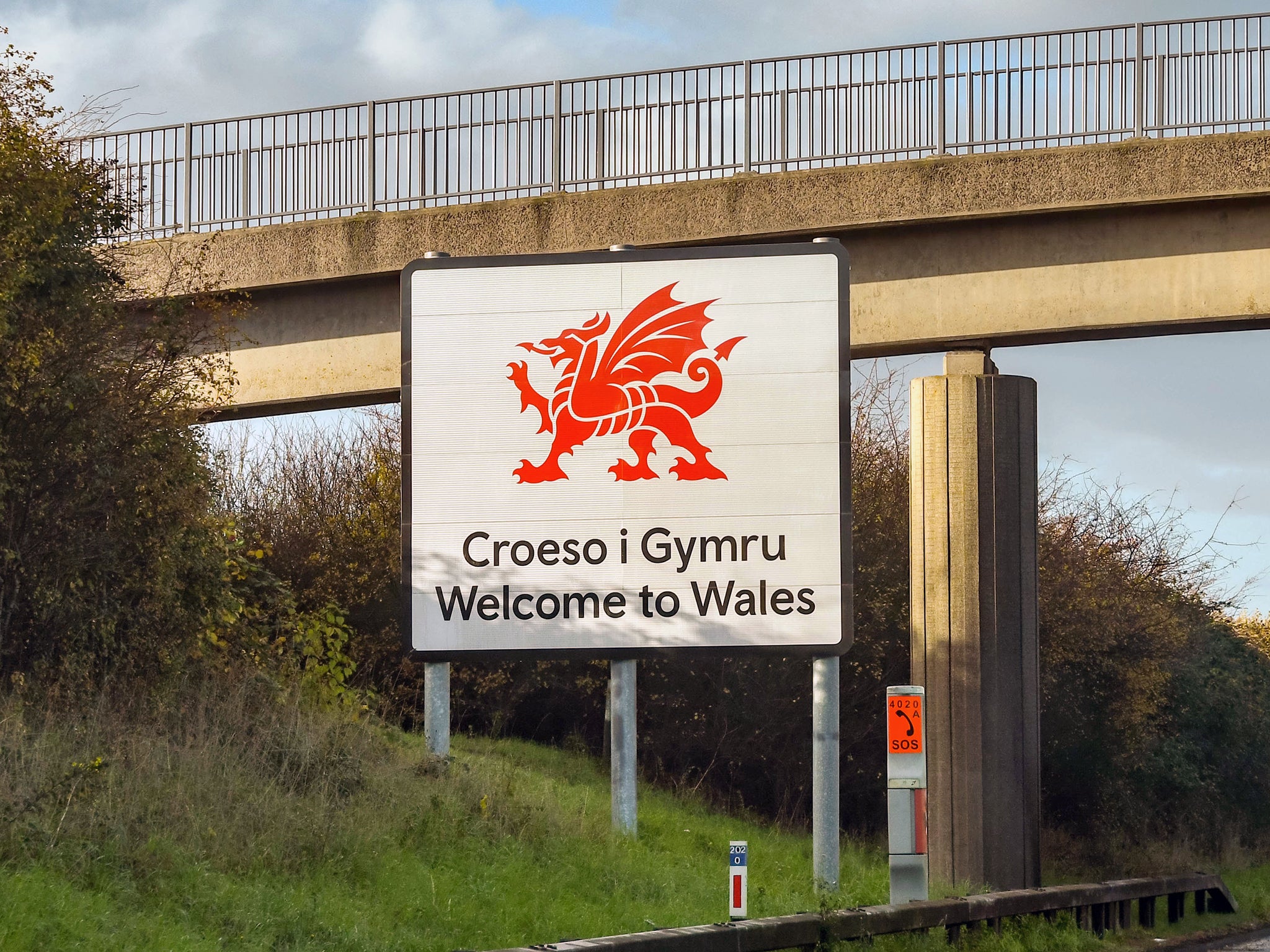The fate of the language: How Wales found its voice again
In the 20th century, Wales struggled for its identity, but soon the decline of the Welsh language halted and the country began to assert itself once more, writes social historian Richard King

During the final four decades of the 20th century Wales witnessed the simultaneous effects of deindustrialisation and a struggle for its language and identity. The country’s voice fought to be heard outside its frequently tempestuous borders and was argued over within them, as the people of Wales underwent some of the nation’s most traumatic and volatile episodes: the disaster at Aberfan; the inundation of Capel Celyn in the Tryweryn valley to create a reservoir for Liverpool; the rise of the Welsh-language movement and its policy of direct action; the Miners’ Strike and its aftermath; and the vote in favour of partial but significant devolution.
This history of Wales begins in 1962, with a radio speech delivered as a warning that Cymraeg (the Welsh language), and the identity and way of life it represented, faced extinction. Titled ‘Tynged yr Iaith’ (‘The Fate of the Language’), the speech was given in the form of a radio broadcast by its author, Saunders Lewis, the former leader of Plaid Cymru. The impact and influence of the speech have long been debated; what is certain is that Lewis’ polemic contributed to a renewed sense of purpose among those resistant to the language’s increasing marginalisation.
Over the subsequent three decades the case for Cymraeg would be campaigned and argued for with an applied fervour. In 1990, Welsh became a compulsory subject for all pupils in state schools in Wales up to the age of 14. Three years later the Westminster government passed a Welsh Language Act, which formally recognised that “in the course of public business and the administration of justice, so far as is reasonably practicable, the Welsh and English languages are to be treated on the basis of equality”.
Subscribe to Independent Premium to bookmark this article
Want to bookmark your favourite articles and stories to read or reference later? Start your Independent Premium subscription today.
Join our commenting forum
Join thought-provoking conversations, follow other Independent readers and see their replies